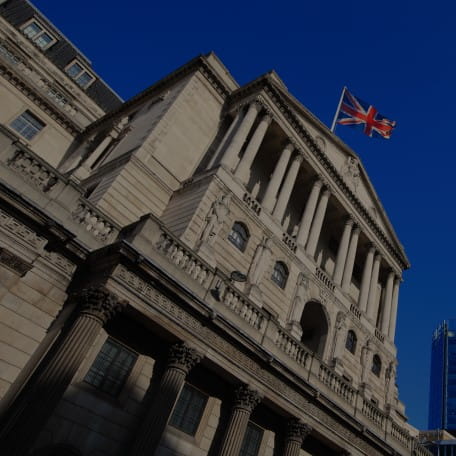The wide gulf between those who gain the advantage of professional financial advice and those who cannot afford it, don’t know about it or don’t trust it has been a longstanding issue. This advice gap is an increasingly serious issue today, not just because many people are missing out on the significant benefits of being helped to get their finances in good order, with all the detriment this brings, but also because the gap is growing.
As recently revealed in research led by the lang cat1 only 9% of the British population benefit from paid-for financial advice. This compares with 11% the previous year and therefore represents a near 20% decrease in the number of consumers being advised.
Consumer Duty obstacles
The reasons for this decline are pointed out in the lang cat’s findings. Well over half (55%) of advisers are now turning away clients as they wrestle with new regulation, namely Consumer Duty. This is contrary to the FCA’s aims of urging advice firms under the Duty to avoid causing foreseeable harm to consumers and ensure their clients receive good outcomes . However, it’s understandable that for many smaller firms, the time and cost involved in embedding the latest rules – and gathering the required evidence of compliance – can be onerous.
This stark outcome is reinforced by another finding of the research: over 80% of advisers report that Consumer Duty is making it harder to service more clients.
Rational rationing
Clearly, profitability is under threat here; firms will reasonably consider taking clients with lower investable assets off their books when the cost of servicing them has jumped owing to regulatory change.
The core requirement under Consumer Duty is to make sure financial products and services properly target consumer investors who are definably suitable candidates while delivering fair value. As a result, firms are acting rationally in focusing their attention on affluent and high net worth clients nearing and in retirement.
The upside is that among those people who pay for advice, 91% value it as helpful. This measure of satisfaction has increased from 87% in 2023 and 77% in 2022. This is reassuring – but only accentuates the problem of fewer people in the UK getting vital help via regulated advice.
Rescuing the unadvised
Many consumers with modest wealth are increasingly missing out in these circumstances, even if they have a desire to get professional advice. The regulator is currently looking at ways to tackle this in its advice guidance boundary review, exploring the concepts of simplified advice and tailored support. The jury’s out on simplified advice – firms have expressed doubt this can be profitable or will actually reduce the advice gap – while tailored support may ultimately prove to be the favoured route to extending help to more consumers. In essence, consumers would be guided into saving and investing on the basis of ‘people like you do this’.
Advice firms are not charities or vehicles to improve life for everyone; they are businesses that need to make a profit to compete and thrive. Firms will continue to provide a valuable service to individuals with complex assets and detailed retirement goals. Yet, other consumers with less wealth and simpler requirements who are unable for any reason to access regulated advice do deserve to receive some form of help with their financial affairs, and this is a challenge for the financial sector as a whole.
Another salutary finding that emerged from the research shows the magnitude of the problem – 72% of consumers are not aware of the free government-operated advice services from MoneyHelper and Pension Wise.
1 The Advice Gap 2024
Written by The Lang Cat
KEY RISKS
This article is issued by Liontrust Investment Partners LLP (2 Savoy Court, London WC2R 0EZ), authorised and regulated in the UK by the Financial Conduct Authority (FRN 518552) to undertake regulated investment business.
This information and analysis is believed to be accurate at the time of publication, but is subject to change without notice. Whilst care has been taken in compiling the content, no representation or warranty is given, whether express or implied, by Liontrust as to its accuracy or completeness, including for external sources (which may have been used) which have not been verified
DISCLAIMER
This is a marketing communication. Before making an investment, you should read the relevant Prospectus and the Key Investor Information Document (KIID) and/or PRIIP/KID, which provide full product details including investment charges and risks. These documents can be obtained, free of charge, from www.liontrust.co.uk or direct from Liontrust. If you are not a professional investor please consult a regulated financial adviser regarding the suitability of such an investment for you and your personal circumstances.










